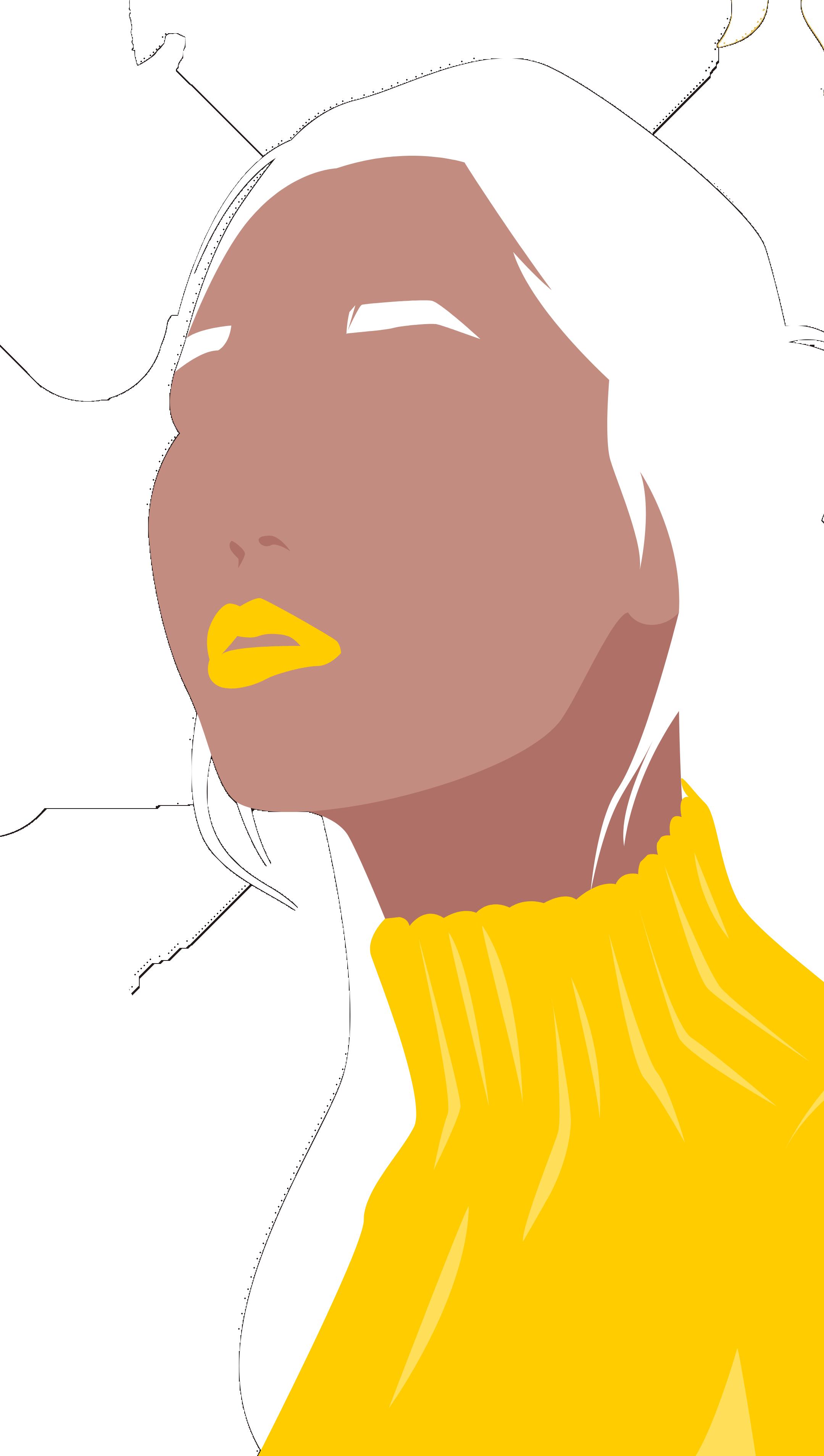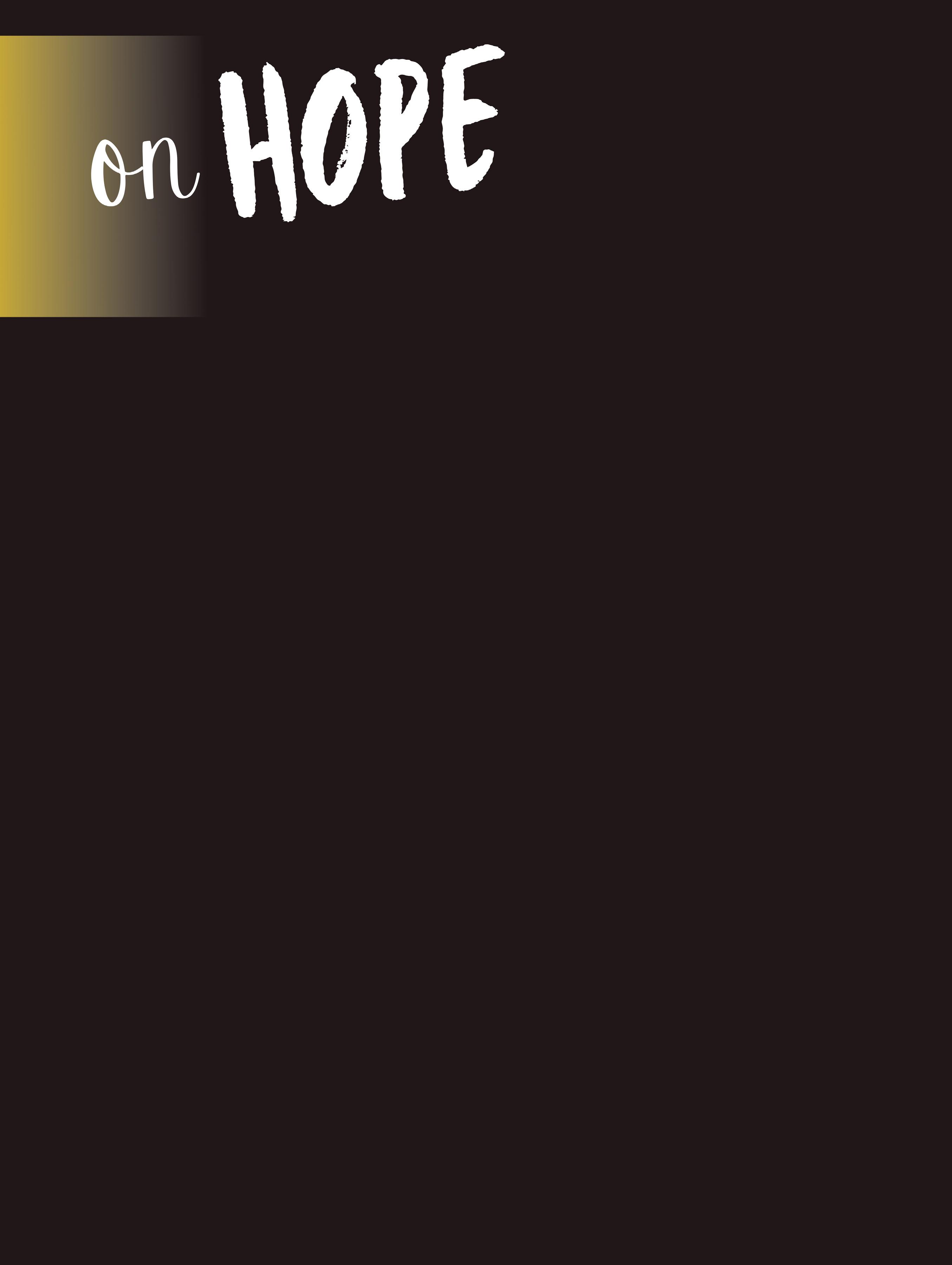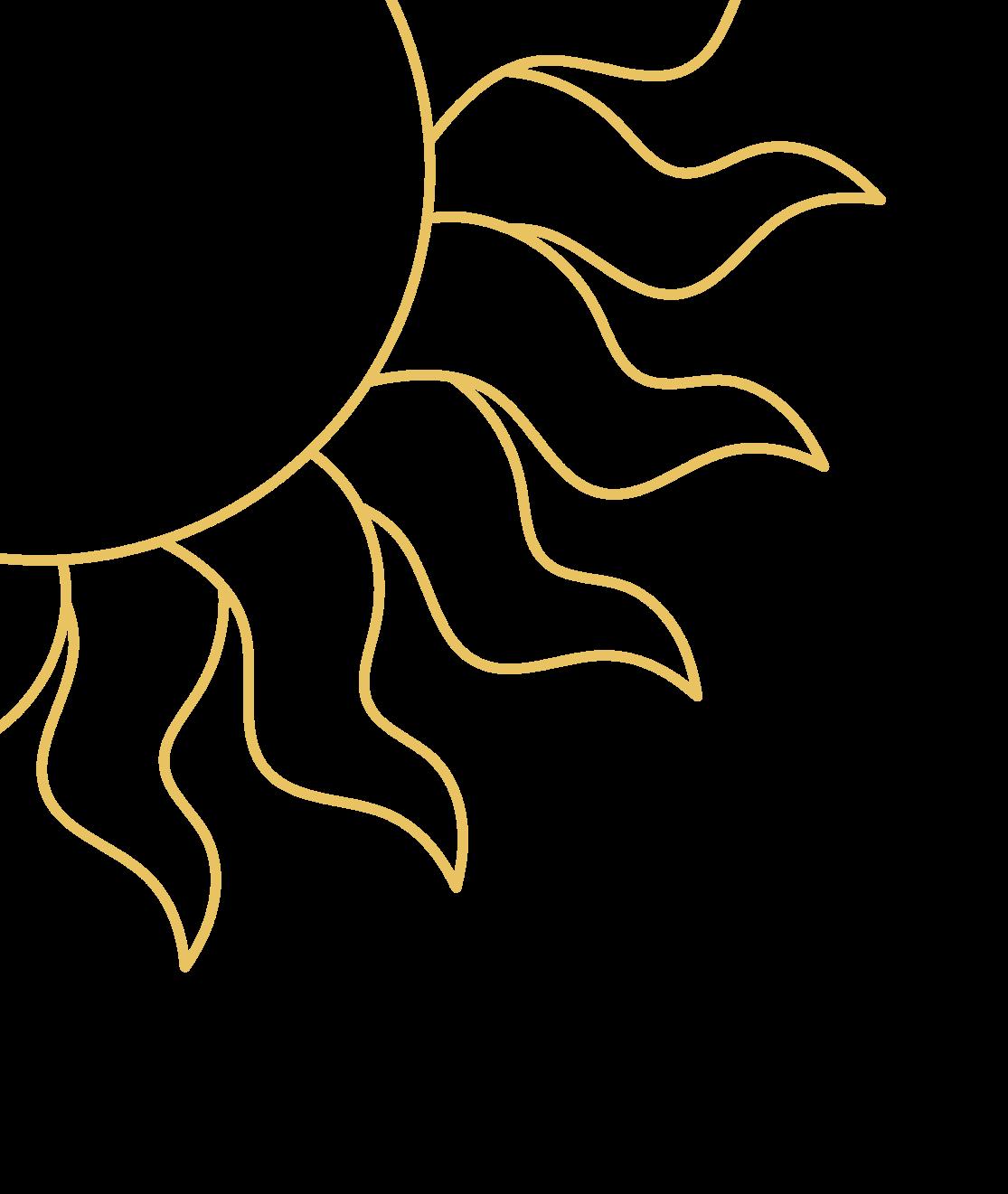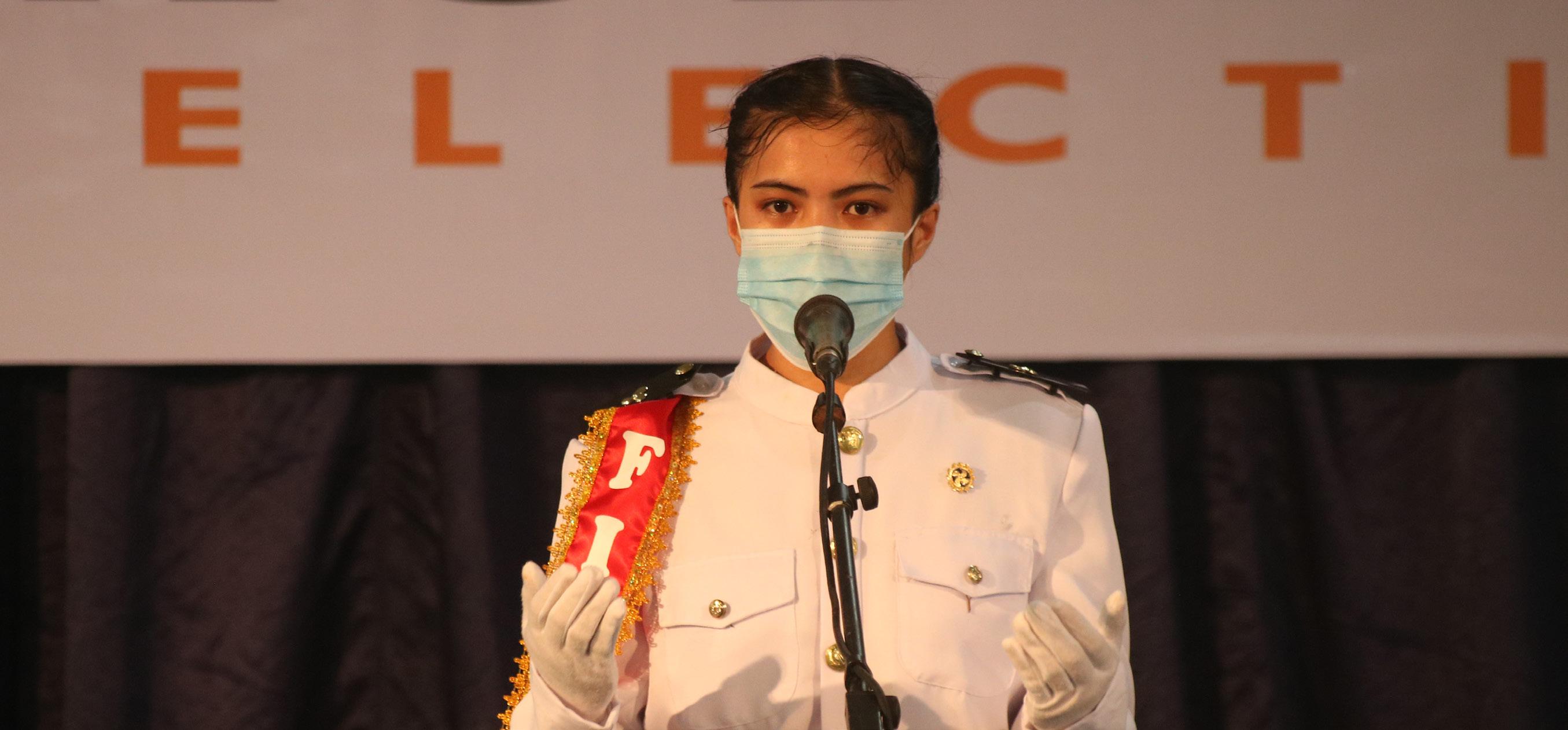
3 minute read
SOCIETY
words bySHAIRA A. AGREGADO
Lately, the world seems to have been filled with nothing but gloom and despair. We’re three-quarters of the way through the year and have ticked off all the harbingers of the apocalypse, fires, floods, storms, disease, earthquakes, war, and famine - hell even locusts.
Advertisement


And it sometimes feels like it is harder to live through these times. On particularly bad days, Alex switches off her phone, wraps herself in a snug blanket, and settles in to watch a movie with a cup of steaming hot tea in hand. She always seems to pick soft, cozy Ghibli movies, like Howl’s Moving Castle. Or even a familiar Disney flick - The Emperor’s New Groove, or a chapter from the Pirates of the Caribbean franchise, something that will make her laugh. There is something comforting about these movies, like talking to an old friend. She loves to lip-sync the movie dialogues, laughing at jokes she heard before, like knowing what comes next. At that moment, she won’t want to engage with her problems, so she distances herself by just focusing on the movie.
Her flatmate Lia, on the other hand, does the exact opposite. She selects something she’s never seen before; some artsy, avant-garde piece of cinema, and drowns herself in abstract philosophy. For Lia, watching a movie is a distraction. “At that moment, I don’t want to engage with my problems, so I distance myself by just focusing on the movie,” she says, “At least the movie has something good going on.” She admires these films for what she can learn from and through them. The comfort she derives is based not on familiarity, but on finding a story, a struggle similar to her present one, and gathering encouragement from it.

Alex and Lia have different reactions in times of despair, but they are all seeking the same kind of comfort. A reassurance, a distancing from present trauma, a little bit of getting lost in another’s story, hoping to solve their own. A little bit of hope. No wonder, then, that we turn to movies. Films, and stories and narratives, are how we make sense of our lives. When we relate to the characters in a movie, we engage our deepest sympathies, living through the characters; story. When we root for them, we are rooting for ourselves, for the good to come out on top. This kind of ‘borrowed’ hope is what we turn to in bad days, and some films are built specifically for that. If The Shaw-shank Redemption allows us to believe that better times will come, films like Dead Poets Society and The King’s Speech remind us to be ourselves under duress. As Walter Brueggemann said, “Memory produces hope in the same way that amnesia produces despair”. It is a salient reminder that while hope is about the future, it is based in the past, and in our memory of it. And when we look for hope in films, we are looking for this familiar comfort, and to try to derive inspiration from them. So, what is hope? It isn’t a promise. It isn’t the guarantee of better times to come. Hope is catharsis, it is faith. It is rousing and reassuring at the same time. It is the rising feeling we get when the hero stands up after being knocked down again and again. It is looking to our stories, to poetry and previous times, and getting inspired to recreate them in our lives. Hope is hot chocolate rainy days, the warm feeling of being safe with your loved ones. Hope is a belief, even if blind, that the next time around will be better, that there will be the next time. Hope is a new semester. HOPE IS THE CHANCE FOR A NEW START.









